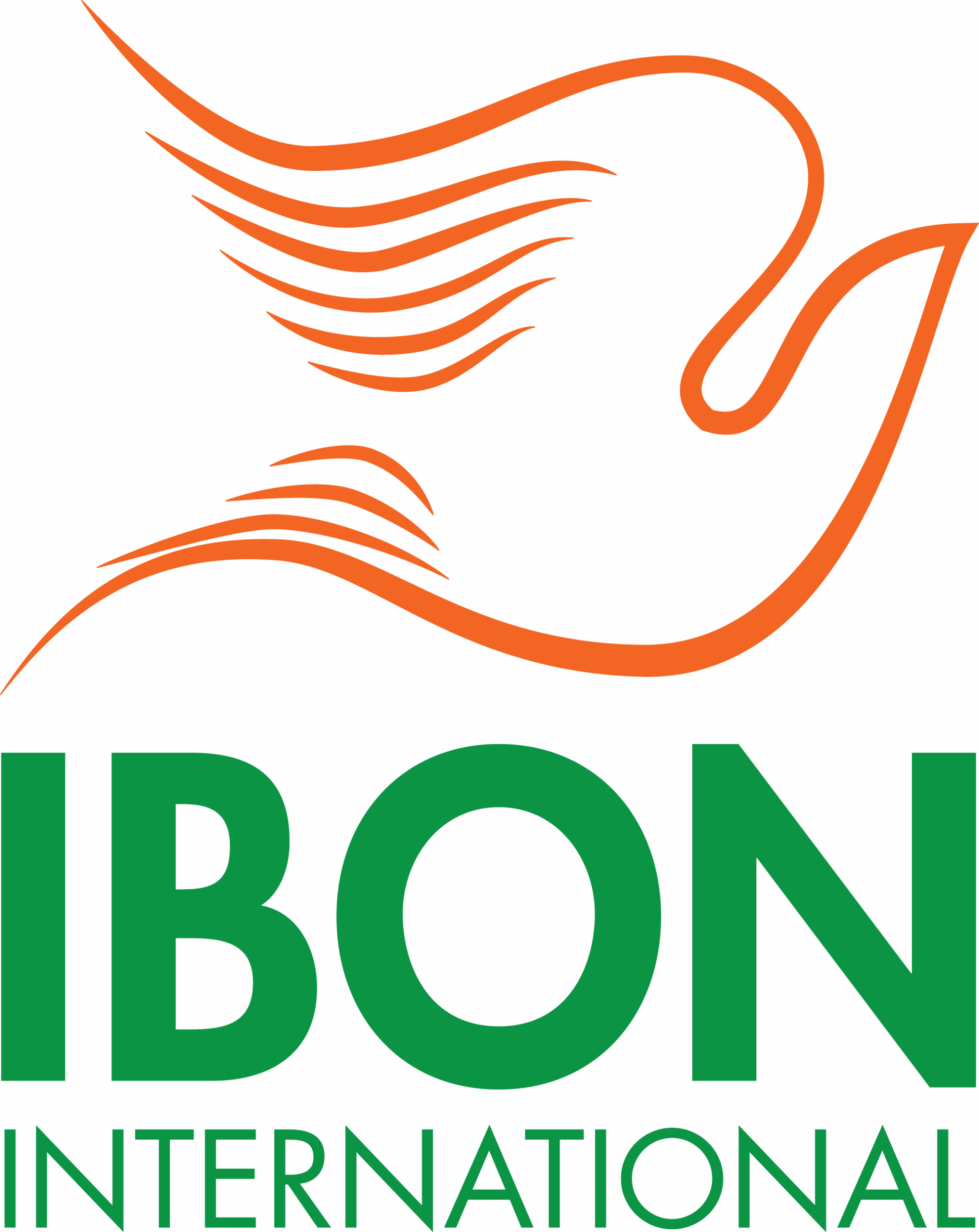IBON International works with social movements and CSOs across the world, with emphasis on the global South to build consensus on a wide array of development issues and bring them to global arenas to influence policy discussions and practices, challenge hegemonic development frameworks, and promote solidarity for peoples’ struggles.
IBON International has been at the forefront of struggles against the dominant global economic and financial system, struggling against the World Trade Organisation and free trade and investment agreements that undermine poor and underdeveloped countries’ right to development and sovereignty, plunder of global South resources, and harm peoples’ rights and the environment. Also, they have been resisting against multilateral development banks, particularly the International Monetary Fund-World Bank and Asian Development Bank, organising awareness-raising campaigns, policy debates, and mobilisations to expose and oppose the role of these institutions in facilitating neocolonial bondage of the South to the North through the imposition of structural adjustment programmes, austerity measures, and policy conditionalities.
Through their Climate Justice work, they have emphasised the right of grassroots communities to meaningfully participate in relevant policy making and governing spaces, promoting community led solutions.


